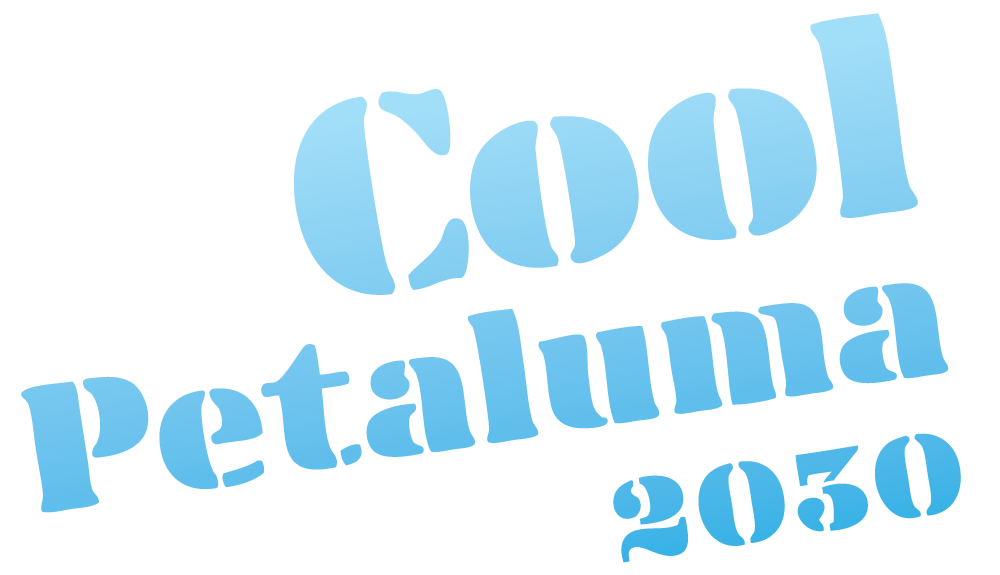Climate Column: What tips the scales from awareness to action?
NATASHA JULIANA
FOR THE ARGUS-COURIER
March 23, 2023, 4:45AM
This month, Pete Gang and I gave a talk at Santa Rosa Junior College for their annual Environmental Forum. Katie Gerber, an instructor of geography and environmental science, invited us to tell the story of Petaluma’s climate action movement. Taking the time to chronicle the journey reminded us that a lot has happened over the past six years. (You can find a recording of the event at coolpetaluma.org/petaluma-story.)
But beyond a timeline of events, we wanted to offer a few key takeaways for these students to use as they move from awareness into action. Here are the three main points we felt important to convey:
1) Participate! We are all in this together. When you move from asking what “I” can do to asking what “we” can do, the possibilities expand immensely. And that means working across constituencies with more people at the table collaborating to define problems and solutions. Much of Petaluma’s success has come from creating a good working relationship between city staff, elected officials, and community members. When we all row together in the same direction, we can move fast and far.
2) Every job is a climate job. The bad thing about climate change is that it affects everything. The good thing about climate change is that it affects everything, so no matter what your interest or area of expertise might be, you can use that as your launchpad for participation.
Own a small business? We need you! Look into how you can become a part of a circular economy so that all of your materials and products can be continually reused and regenerated. Have a talent for graphic design? Fantastic! Making information visually appealing can be a powerful tool. Work as a farmer? Love it! Regenerative agriculture is a huge benefit to the health of people and planet. Maybe you are a teacher. What an opportunity! You can use those skills to educate your class and your community. You get the idea. Take whatever passion or skillset you have and find ways to make it your avenue of engagement.
For even more impact, combine your talent with that of others, as mentioned in point number one. You can do this within sectors or across sectors or both. Perhaps ten teachers from different schools get together to share climate action curriculum and then partner with local regenerative agriculture farmers to do field trips. Or imagine five local businesses get together to discuss how they can create a circular economy and then three graphic designers jump in to help illustrate what that path might look like. The options are endless and exciting.
3) Lean into discomfort. This takes on several layers. First, we have to lean into the discomfort of facing the reality of the climate crisis that is endangering our future on this planet. A baby born today will be 77 years old in 2100. What will their “retirement” years look like? Just pause for a moment to deeply consider the path we are on.
Here is a super quick primer:
Today, we are hovering around 420 parts per million of carbon dioxide in the atmosphere and 1.2 degrees Celsius of warming since the Industrial Revolution. It’s really hard to imagine why this is such a big deal, but just a few degrees can make a huge difference. The global scientific consensus says there is grave danger in passing 1.5 degrees Celsius in warming, which is likely to trigger irreversible feedback loops like the melting of Greenland’s ice sheets and collapse of the Atlantic Ocean’s Gulf Stream current.
The last time the concentration of carbon dioxide was as high as 400 ppm was probably between 2.6 million and 5.3 million years ago. At that point, the planet was only 2 to 3 degrees Celsius warmer than we were pre-Industrial Revolution, but seas were at least 30 feet higher—at a level that would inundate major cities around the world (and our little city of Petaluma).
At the current rate we are burning fossil fuels, only seven to eight years remain before the 1.5 degrees Celsius limit is passed. “We are the first generation to feel the impact of climate change and the last generation that can do something about it,” explained Washington State Gov. Jay Inslee.
Once you truly absorb the discomfort of facing the climate reality, it can give you the strength to lean into the discomfort of speaking up and taking action. It’s not easy to change direction, but it is necessary. And the more hands on deck, the better. If we are brave enough to chart a new course together, we can become part of the larger solution.
Individually, I am but one drop in the ocean, but collectively, we are the ocean.
Natasha Juliana is the campaign director for Cool Petaluma. She can be reached at natashaj@coolpetaluma.org. For information on how to get involved, visit coolpetaluma.org

